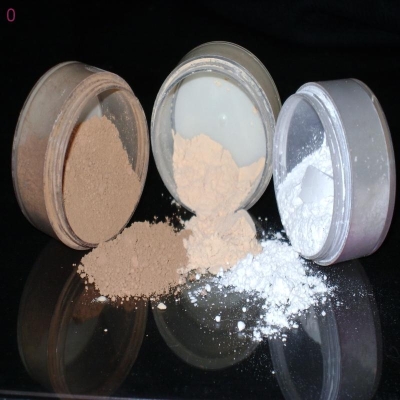-
Categories
-
Pharmaceutical Intermediates
-
Active Pharmaceutical Ingredients
-
Food Additives
- Industrial Coatings
- Agrochemicals
- Dyes and Pigments
- Surfactant
- Flavors and Fragrances
- Chemical Reagents
- Catalyst and Auxiliary
- Natural Products
- Inorganic Chemistry
-
Organic Chemistry
-
Biochemical Engineering
- Analytical Chemistry
- Cosmetic Ingredient
-
Pharmaceutical Intermediates
Promotion
ECHEMI Mall
Wholesale
Weekly Price
Exhibition
News
-
Trade Service
Original title: The first transcription factor for the regulation of oil degradation of plant seeds was discovered
Recently, Molecular Plant reported online that the first transcription factor found in plants to regulate
grease
degradation, AHL4, and
phospholipid
acid (PA) provided new theoretical support for the genetic improvement of crop grease through the mechanism of oil degradation during seed germination and seedling construction with AHL4.
higher plants in the seed germination and seedling period of the main energy comes from the seed storage of energy materials. Oils, especially triamcinamide (TAG), are the main substances that store energy in gem leaf seeds. During seed germination, TAG's role in triamcinamelase decreases the solution, and after a series of reactions produces glucose for seed germination and seedling. Previously, however, scientists knew little about the regulation of grease degradation in this critical process.Cai Guangqin of Huahua Agricultural University, the first author of the
paper, said that the AHL transcription factor family has a total of 29 members in the acetal mustard, whose function involves plant growth and development, biological and non-biological adversity coercion and other regulatory channels.
the study found that the seed germination rate of anathropocetine AHL4 mutants, the length of the main root after germination, the rate of TAG degradation during seed germination and seedling completion were significantly larger than that of wild type. The seed germination rate of AHL4 over-expression strains on sugar-deficient mediums slowed significantly, the main root barely elongated after germination, and the RATE degradation rate slowed significantly, but the growth of the main root after adding sucrose was able to recover to wild ideo type at a later stage.
the above studies show that AHL4 is involved in regulating the degradation of TAG during seed germination and seeding, and the phosphoric acid content in this period is higher than that of wild in AHL4 mutants, while the over-expression strain is lower than that of wild type.
the researchers presented a working model of AHL4: AHL4 inhibits the expression of ate by specific binding on the starters of AT-based motif-rich triamcinamide enzymes and beta-oxidation-related genes in the starter region, and then affects seed germination and seeding by regulating the rate of TAG degradation. Phosphoric acid inhibits the binding of AHL4 to DNA by binding specific to AHL4. AHL4 and phospholipid acid work together to regulate the degradation of TAG in plants.
related paper information:
.







